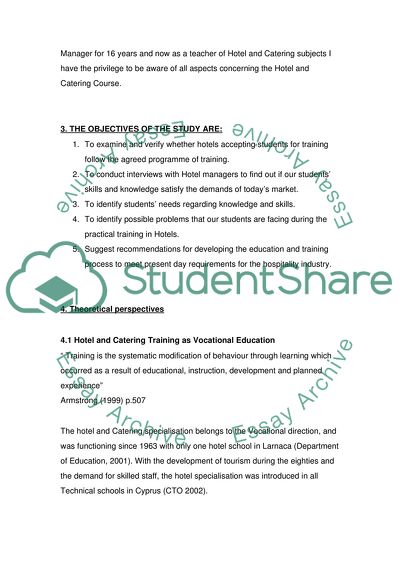Cite this document
(Hotel School and Service Knowledge Gain Research Proposal Example | Topics and Well Written Essays - 2000 words, n.d.)
Hotel School and Service Knowledge Gain Research Proposal Example | Topics and Well Written Essays - 2000 words. https://studentshare.org/education/1776349-educational-enquiry
Hotel School and Service Knowledge Gain Research Proposal Example | Topics and Well Written Essays - 2000 words. https://studentshare.org/education/1776349-educational-enquiry
(Hotel School and Service Knowledge Gain Research Proposal Example | Topics and Well Written Essays - 2000 Words)
Hotel School and Service Knowledge Gain Research Proposal Example | Topics and Well Written Essays - 2000 Words. https://studentshare.org/education/1776349-educational-enquiry.
Hotel School and Service Knowledge Gain Research Proposal Example | Topics and Well Written Essays - 2000 Words. https://studentshare.org/education/1776349-educational-enquiry.
“Hotel School and Service Knowledge Gain Research Proposal Example | Topics and Well Written Essays - 2000 Words”. https://studentshare.org/education/1776349-educational-enquiry.


